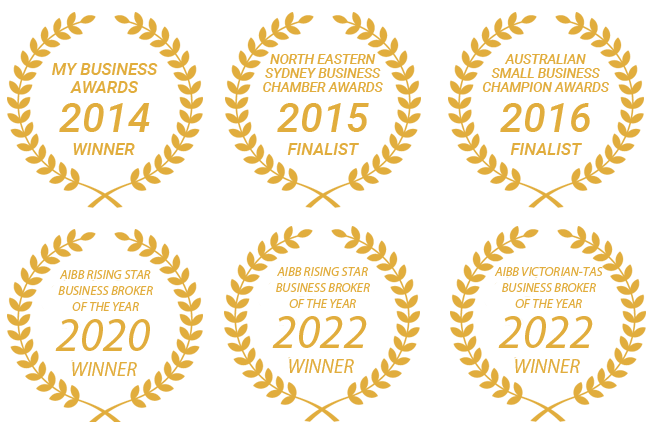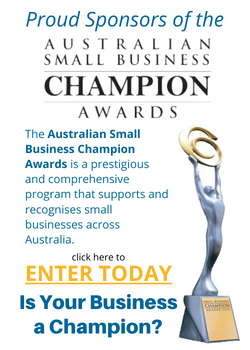Business Valuations Sydney :: Business Valuations By Certified Business Valuers
Business Valuations Sydney – Melbourne – Brisbane – Canberra – Adelaide – Perth – Newcastle
: Services provided by Xcllusive Business Agency
Business Valuations
Sydney – Melbourne – Brisbane – Canberra – Adelaide – Perth – Newcastle
: Services provided by Xcllusive Business Agency
call
Standards of Business Valuation
Various standards may produce different valuations. It is important to use the right approach
The term ‘Valuation Standards’ refers to the various classes that a business valuation can adhere to. The various standards may produce very different answers for the same business so the valuer needs to establish the appropriate standard for the specific engagement. Sometimes standards may be nominated or mandated, other times it may be a function of the wishes of the parties involved. The following is a brief description of the valuation standards.
1. Fair Market Value
Of all the standards, Fair Market Value is by far the most commonly used standard of value. Fair Market Value is the estimated amount that a business will sell for between a willing buyer and a willing seller on the given date on the open market. Fair Market Value also assumes that both parties involved hold a reasonable level of knowledge regarding the relevant facts. The valuer is also required to make a number of assumptions as to the buyers/sellers behaviour and to the terms and conditions associated with the hypothetical transaction. Essentially, Fair Market Value does not take into account the individual circumstances of the buyer and the seller.
2. Fair Value
The primary difference between Fair Market Value, and Fair Value is that Fair Value relies very heavily on individual circumstances. For Fair Value to be established, both the seller and the buyer must have already been identified, and as such, the resultant value represents a figure beneficial and fair to both parties. Essentially it takes into account what the seller gives up in value and what the buyer acquires in value through the transaction. Being that this type of Valuation is a closed market value, the various influences introduced by an open market sale (financial, legal, operational, personnel, ownership, cultural etc) are eliminated.
3. Book Value
Refers to the depreciated market value of the fixed assets. These may include premises, plant and equipment, vehicles etc. This standard of Valuation is considerably less common than Fair Market Value, and Fair Value as it doesn’t take into account intangible assets.
4. Asset Based Value
Though disregarding intangible assets in a similar fashion to Book Value, Asset Based Value ignores the book value and assigns value according to the potential resale of the physical assets in an orderly fashion.
5. Liquidation Value
Liquidation value is assigned to businesses that are no longer a going-concern. Value is established by the value of the terminated business, with focus on the value of its fixed assets, net of its liabilities and the inevitable costs generated by discontinuing operations. Though assets can be sold off in an orderly fashion, being that the context is liquidation, the haste of which assets can be sold off is generally taken into account.
6. Firesale Value
The price at which assets can be sold in the shortest possible time, regardless of how low the obtained price is.
7. Investment Value
Investment Value is comparable to Fair Value in that it is involved in Valuations for a Closed Market Sale. It is specific to an instance where the incorporation of the sellers company into the buyers company represents perceived synergies.
Enquire Now About An Expert Business Valuation - Call Us Today on:
1800 825 831
or...
Fill In The Form Below and One Of Our
Experienced Team Members Will Contact You:
VALUATION




WHAT OTHERS ARE SAYING ABOUT US…
***The most honest and intuitive organisation***
“I can honestly say, as a person who has now sold three businesses in the past 8 years, Xcllusive is far and away the most honest and intuitive organisation that I have had the pleasure of dealing with.”
Leon J. – Import and Wholesaling business
Standards of Business Valuation
Various standards may produce different valuations. It is important to use the right approach
The term ‘Valuation Standards’ refers to the various classes that a business valuation can adhere to. The various standards may produce very different answers for the same business so the valuer needs to establish the appropriate standard for the specific engagement. Sometimes standards may be nominated or mandated, other times it may be a function of the wishes of the parties involved. The following is a brief description of the valuation standards.
1. Fair Market Value
Of all the standards, Fair Market Value is by far the most commonly used standard of value. Fair Market Value is the estimated amount that a business will sell for between a willing buyer and a willing seller on the given date on the open market. Fair Market Value also assumes that both parties involved hold a reasonable level of knowledge regarding the relevant facts. The valuer is also required to make a number of assumptions as to the buyers/sellers behaviour and to the terms and conditions associated with the hypothetical transaction. Essentially, Fair Market Value does not take into account the individual circumstances of the buyer and the seller.
2. Fair Value
The primary difference between Fair Market Value, and Fair Value is that Fair Value relies very heavily on individual circumstances. For Fair Value to be established, both the seller and the buyer must have already been identified, and as such, the resultant value represents a figure beneficial and fair to both parties. Essentially it takes into account what the seller gives up in value and what the buyer acquires in value through the transaction. Being that this type of Valuation is a closed market value, the various influences introduced by an open market sale (financial, legal, operational, personnel, ownership, cultural etc) are eliminated.
3. Book Value
Refers to the depreciated market value of the fixed assets. These may include premises, plant and equipment, vehicles etc. This standard of Valuation is considerably less common than Fair Market Value, and Fair Value as it doesn’t take into account intangible assets.
4. Asset Based Value
Though disregarding intangible assets in a similar fashion to Book Value, Asset Based Value ignores the book value and assigns value according to the potential resale of the physical assets in an orderly fashion.
5. Liquidation Value
Liquidation value is assigned to businesses that are no longer a going-concern. Value is established by the value of the terminated business, with focus on the value of its fixed assets, net of its liabilities and the inevitable costs generated by discontinuing operations. Though assets can be sold off in an orderly fashion, being that the context is liquidation, the haste of which assets can be sold off is generally taken into account.
6. Firesale Value
The price at which assets can be sold in the shortest possible time, regardless of how low the obtained price is.
7. Investment Value
Investment Value is comparable to Fair Value in that it is involved in Valuations for a Closed Market Sale. It is specific to an instance where the incorporation of the sellers company into the buyers company represents perceived synergies.
Enquire Now About An Expert Business Valuation - Call Us Today on:
1800 825 831
or...
Fill In The Form Below and One Of Our
Experienced Team Members Will Contact You:
VALUATION




WHAT OTHERS ARE SAYING ABOUT US…
***The most honest and intuitive organisation***
“I can honestly say, as a person who has now sold three businesses in the past 8 years, Xcllusive is far and away the most honest and intuitive organisation that I have had the pleasure of dealing with.”
Leon J. – Import and Wholesaling business







